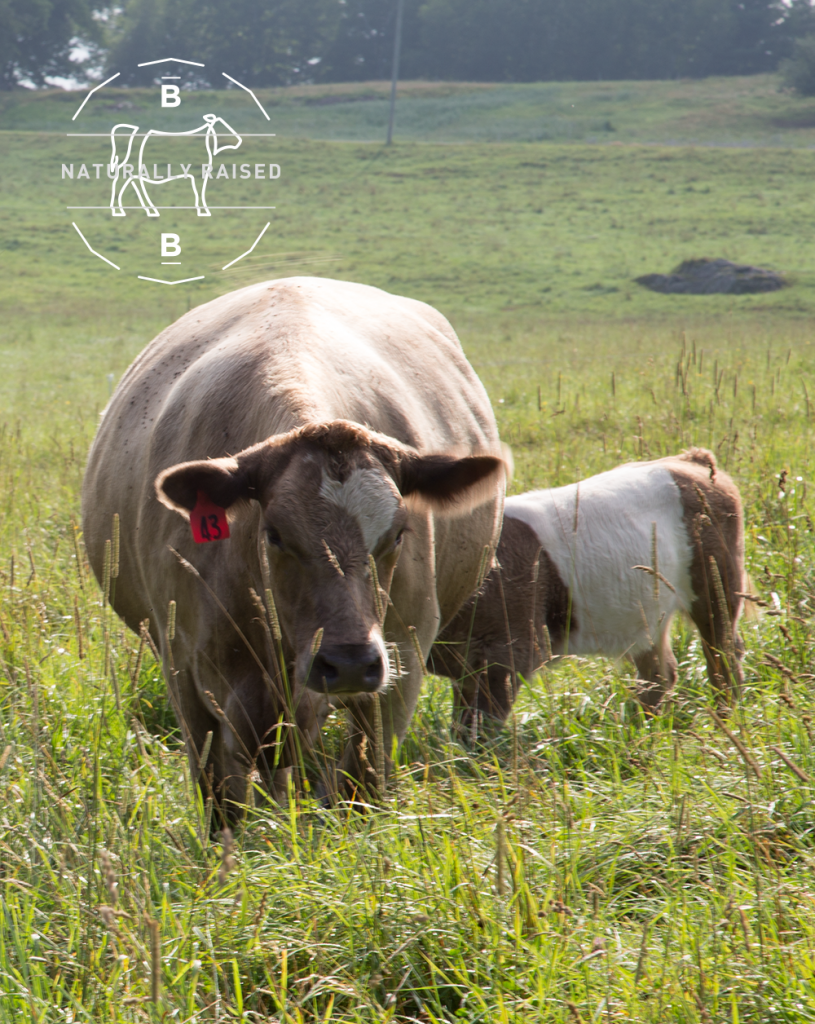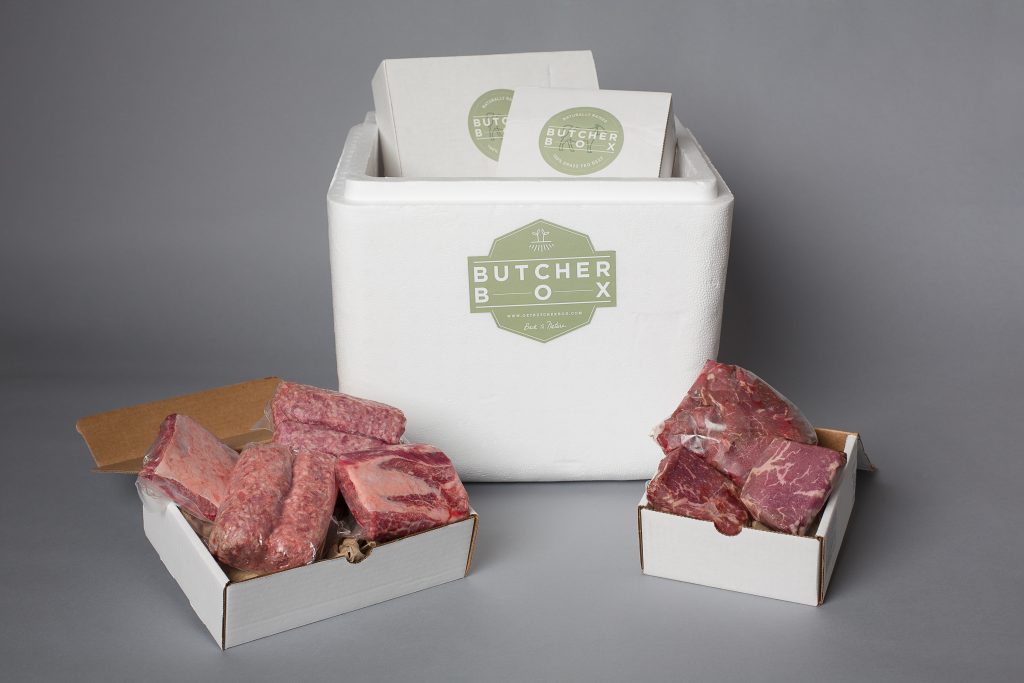There aren’t many things more delectable than a big, juicy steak.1
What’s more, despite what some poorly designed studies demonstrate and what a handful of agenda-centric, fearmongering books will tell you, beef (and red-meat in general) is incredibly healthy for you.
It provide a plethora of healthy fats (<– this is affected by the kind of red meat you’re ingesting: grain fed vs. grass fed) which, while having many benefits, the biggest, arguably, is helping to keep testosterone levels in check.
More to the point, it’s well established that not all beef is created equal.
There are two options: grain-fed beef (what most of us, most of the time, have been eating our entire lives) and grass-fed beef.
Grain-fed beef comes from cattle that have been fed a diet of grain, soy and sometimes even animal by-products. The cattle are pumped with hormones to expedite the growth process and hooked up to antibiotics to prevent the spread of disease in crowded feedlots.
100% grass-fed beef comes from cattle that are only fed grass their entire lives. They enjoy free range on pasture and are never put into feed lots. They live longer lives because their growth isn’t accelerated by the administration of artificial hormones. As a result you get a much cleaner piece of beef, just as nature intended.
Ethical, religious, or personal preferences aside, anyone who’s watched documentaries like Food Inc or read books like Jonathan Safran Foer’s Eating Animals (which I’d HIGHLY recommend) know full-well the atrocities in our food system they highlight – in particular the treatment of said animals.
It’s disheartening to say the least.

NEWSFLASH: I am not a vegetarian. I have zero issues or qualms eating furry animals. That said, given the choice, I do prefer to purchase meat from animals who’ve led happy lives.
Knowing the steak that’s providing sustenance for me and my family came from a cow who, at one point, was happily frolicking on a pasture grazing under the sun, makes things more “palatable” for me.
That’s my moral compass. It may not match yours – and that’s cool – but it’s mine.
And, to speak candidly, least we forget, grass-fed beef just tastes better.

So you can imagine my elation when the peeps over at ButcherBox reached out to me a few weeks ago and asked if they could send me some meat.
In the mail.
Directly to my door.
The only thing that could have made the offer more baller is if they offered to deliver it in an Apache helicopter.2
I said yes, and a few days later a box arrived downstairs in the lobby.
A funny side note: I forgot to tell Lisa about it and this is what happened – close to verbatim – when the package arrived:
Lisa: “Babe, this huge box arrived today in the mail.”
Me: “Oh, yeah, I forget to tell you, this company ButcherBox reached out and asked if they could send me some meat.”
Lisa: “That’s a package full of meat?”
Me: “Yep. Grass-fed beef and steaks, chicken breast, bacon, pork chops…all humanely raised.”
Lisa: “Get the fuck out of here!”
[Cue make out session]
Okay, the make-out session didn’t happen…but everything else is pretty spot on.
Lisa and I are all about buying locally and try to do it as much as possible. We’ve been members of farm shares in the past and have also considered going in with friends on purchasing an entire cow.
Living in a city, however, with limited space (and small freezers) makes the latter a little difficult.
ButcherBox solves that riddle.
Each month they send you 8-11 lbs. of curated cuts of meat – steak, ground beef, chops, chicken, and other goodies – to your door, and often at a lower cost than you’d get at most stores.
Some Other Highlights
- Did I mention you get 8-11 lbs of meat delivered to your door?
- You get 8-11 lbs of meat delivered to your door.
- That’s around 18-25 individual meals at 6-8oz per meal.
- No two boxes are the same. Each month you get a different experience and ability to experiment with different cuts of meat.
- You also get recipe cards to help out.
- And since it’s a subscription service – for meat! – you can alter the frequency (every month, every other month, etc), and you can cancel at any time with zero penalty.3

Special Offer
This week only (ending Sunday, May 28th) all TG.com readers and fans can get $10 off their initial order + two 10 oz Ribeye steaks added by using THIS link.
In case you’re not picking up what I’m putting down: that’s FREE meat.
You’re very welcome. And don’t be afraid to invite me over for dinner…;o)



